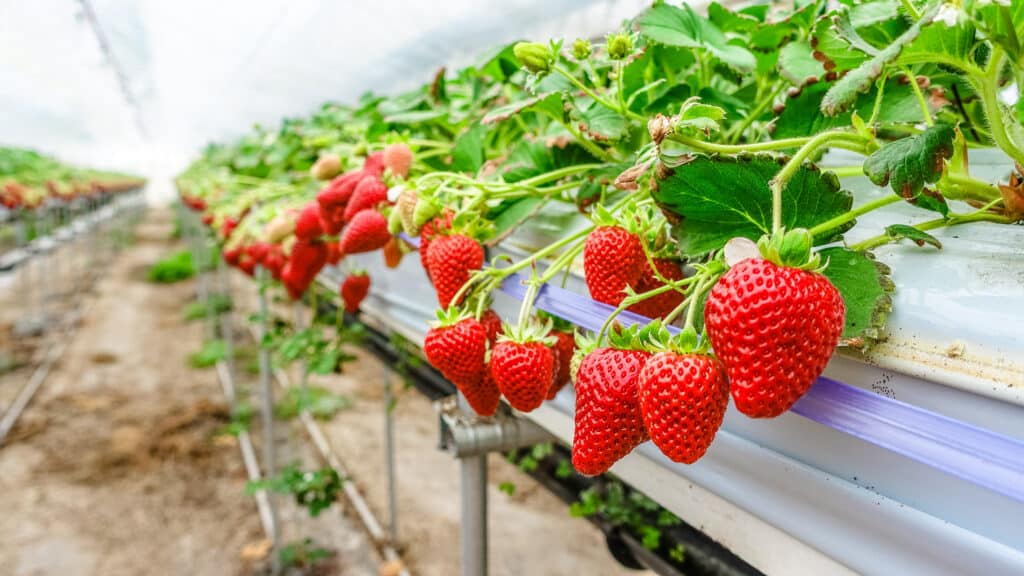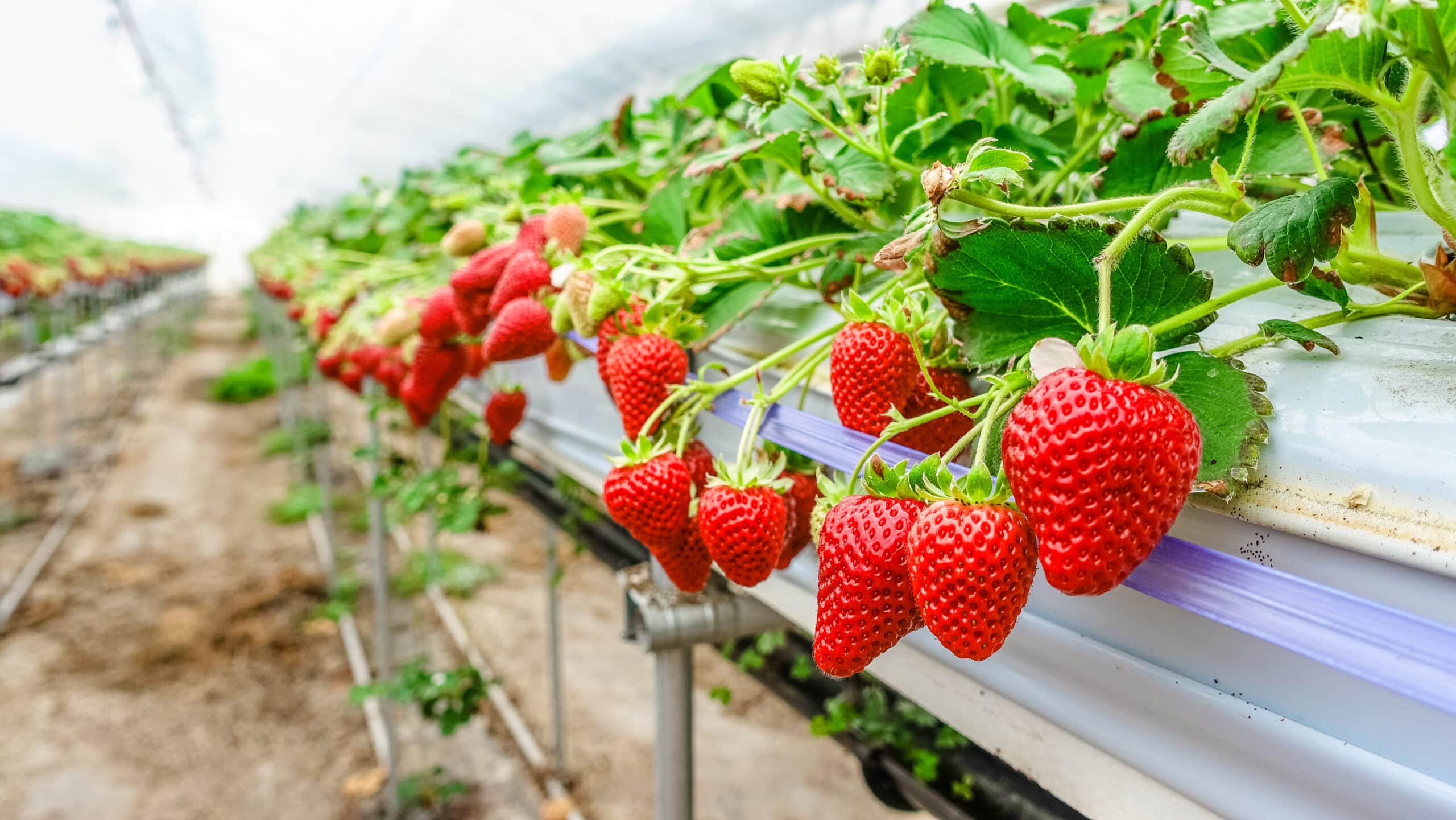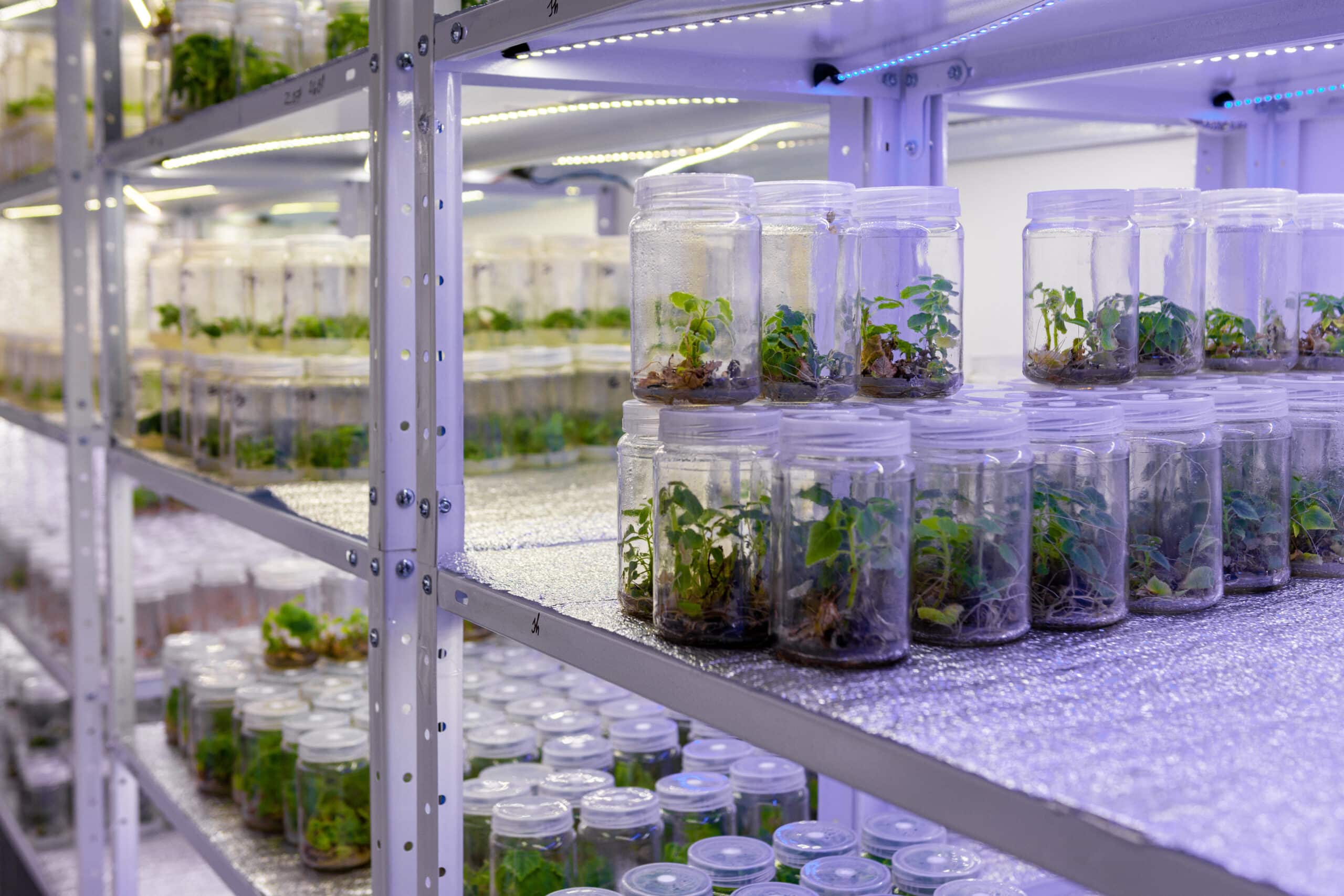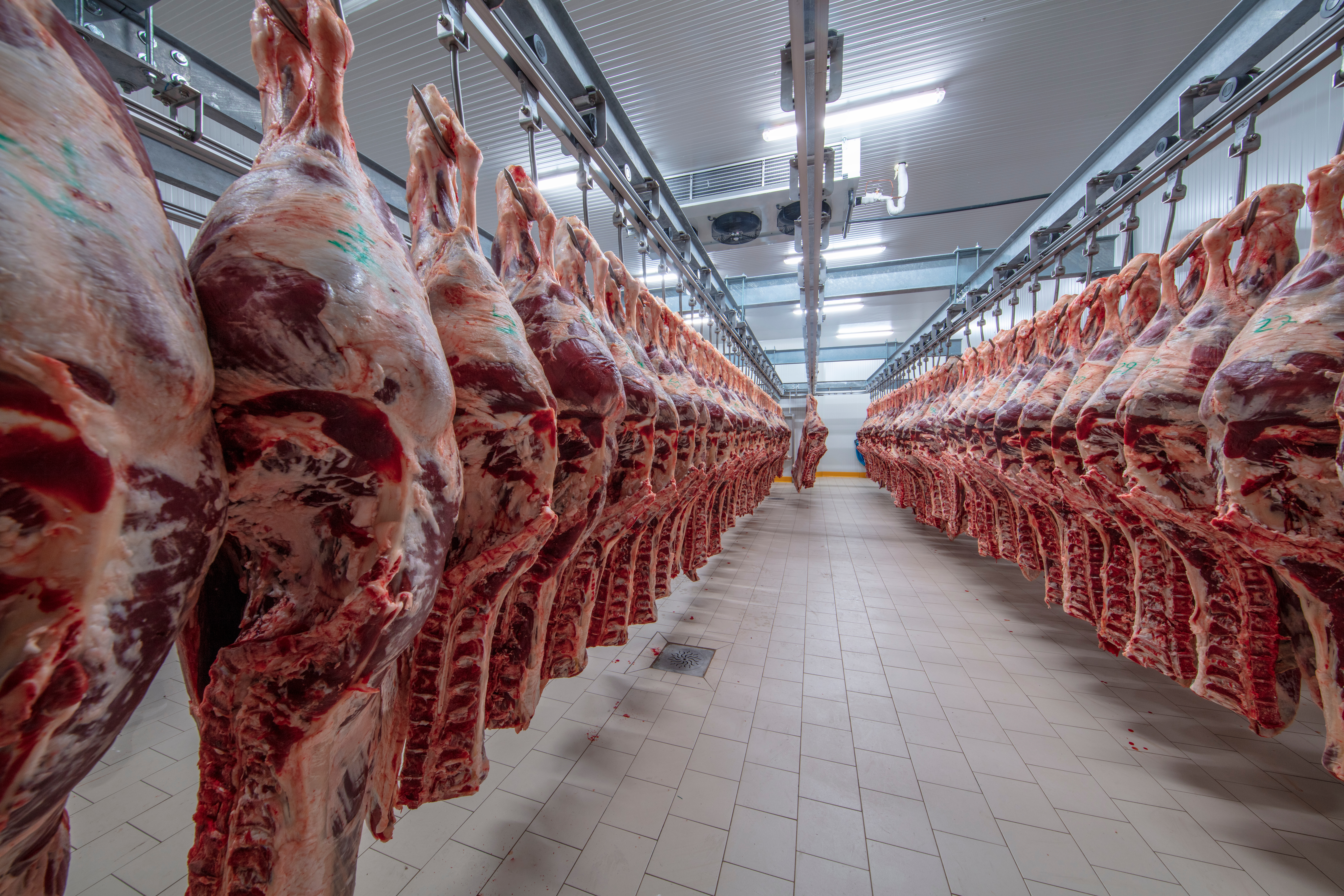The Kingdom of Saudi Arabia’s dependence on imports to feed its population means food security has long been a strategic priority for the government. The COVID-19 pandemic has highlighted the importance of the government’s ongoing efforts to secure food supply.
Food Security
The need for flexible supply chains and a robust food security strategy has been heightened by the COVID-19 pandemic and related challenges in the global food trade. This is especially true for import-dependent countries like Saudi Arabia.
In the 1980s, Saudi Arabia’s policy focus was on achieving self-sufficiency. It offered generous subsidies to produce various cereal crops. This strategy resulted in KSA becoming one of the world’s largest exporters of wheat in the early 1990s.
By the 2000s, the government had recognised that this policy was unsustainable, due to an overreliance on irrigation water from non-renewable fossil aquifers.
Over time, a more nuanced approach to food security has emerged. This approach focused on three key strategic pillars:
- The promotion of sustainable agricultural practices at home with a focus on shifting production to higher value crops.
- Building resilient supply chains through the development of local F&B manufacturing and logistics infrastructure;
- Oversea investment in priority areas along the global food value chain; and
The importance of food security was reinforced in the KSA’s Vision 2030, where it is included as one of three core strategic objectives.
Expert food security consulting
The widespread disruption caused by the COVID-19 pandemic has further underscored the importance of food security and self-sufficiency in import-dependent nations like Saudi Arabia.
At Farrelly Mitchell, we provide vital support to governments, sovereign wealth and private equity clients on the path toward sustainability, food security, and supply chain resilience. With deep technical and commercial experience, and knowledge of specific geographical challenges, we provide actionable insights, identify growth opportunities and evaluate investment prospects.














